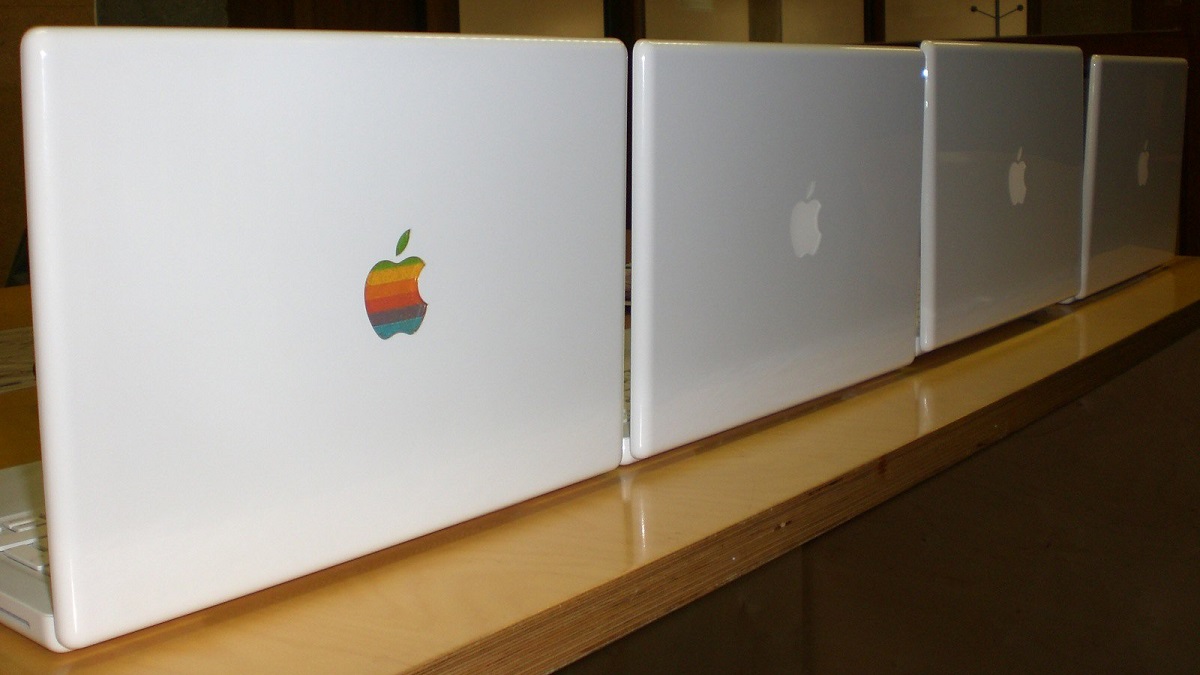
With the arrival of Apple Inc. M1 chipset, the software ecosystem for MacBook, iMac, and Mac Mini has undergone a fundamental change. It is now important to understand there are two “Kind” of macOS apps that may reside on the new computers with M1 CPUs.
Apple Inc. has traditionally relied on Intel CPUs. However, the company recently shifted to its own proprietary ARM-based processors. The first iteration of the Apple CPU is the M1, and developers must now make apps for this CPU to get optimum performance.
Apple Inc. M1 chipset runs on a completely different set of instructions than the Intel CPUs:
For the longest time, Apple Inc. embedded the best CPUs that Intel offered within the MacBook Air, MacBook Pro, Mac Mini, and the iMac. These CPUs offered a high level of power and performance.
However, Apple Inc. recently shifted its entire desktop computer lineup to its own M1 chipset. The Apple Inc. M1 is an entire System on a Chip (SoC). It has several critical PC components on a single board.
The Difference Between 'Universal' and 'Intel' Apps (and Why It Matters for Your M1 Mac) https://t.co/VTPIpv5JVW pic.twitter.com/j9Gl1ZJnXO
— Lifehacker (@lifehacker) September 7, 2021
New owners of the Apple M1-based computers must have noticed that some apps open almost instantly. Meanwhile, some apps tend to drag their feet.
Some of the apps even refuse to start quickly. These icons of these apps often “bounce” on the dock before opening up.
An unfortunate and unintended side-effect of installing Rosetta 2 on an Apple Silicon Mac is that this might allow some malware written for Intel Macs to run as well.
Read more 👉 https://t.co/5P3SJpu15T#avcomparatives #HarmlessProofOfConceptExperiment #FullDiskAccess pic.twitter.com/qk35rut1Rw
— Peter Stelzhammer (@pstelzhammer) September 3, 2021
The reason for some macOS apps to seem sluggish is not because of some extra burden on the hardware. Interestingly, it is not due to the poor coding or development process either.
The primary reason some macOS apps appear a little slower is that developers may have continued development on the Intel variant. In other words, the developers of the particular app might not have yet switched over completely to the M1 version of the app.
macOS apps either work best on Intel CPUs or M1 chipset:
With the advent of the Apple M1 chipset, the world of macOS apps is now divided. On one hand are the traditional apps that work optimally on Intel CPUs. On the other hand, some apps work best on the M1 chipset.
It is important to note that all macOS apps will work on Intel CPUs as well as M1 chipsets. However, apps that were designed with Intel CPUs in mind, now have to run through an emulator called Rosetta 2.
Rosetta 2 enables a Mac with Apple silicon to use apps built for a Mac with an Intel processor.
— Laizer (@Rogeslaizer) September 2, 2021
Rosetta 2 is akin to a compatibility or translation layer that “translates” the instructions for the Apple M1 chipset to understand and execute.
Apple App Store for the macOS now reportedly has two types of apps: Universal and Intel. As the name suggests Universal or Apple Silicon apps are optimized for both Intel and M1 chipsets.
SentinelOne : 🍎 Your legacy Intel software may appear to run just fine on Apple silicon thanks to Rosetta 2, but what are the performance and security consequences? By @philofishal.https://t.co/nuCC5ZSybT#macOS #Rosetta2 #cybersecurity #infosec #AppleM1
— Ben Thurston (@BThurstonCPTECH) August 23, 2021
Intel apps will obviously work best on machines with Intel CPUs. For the newer M1-based Mac computers to run Intel apps, the Rosetta 2 instructions are needed.
As a simple rule of thumb, if possible, always choose the Universal variant of the app in the Apple App Store. In case there’s no information available, the app should work on both hardware iterations.


